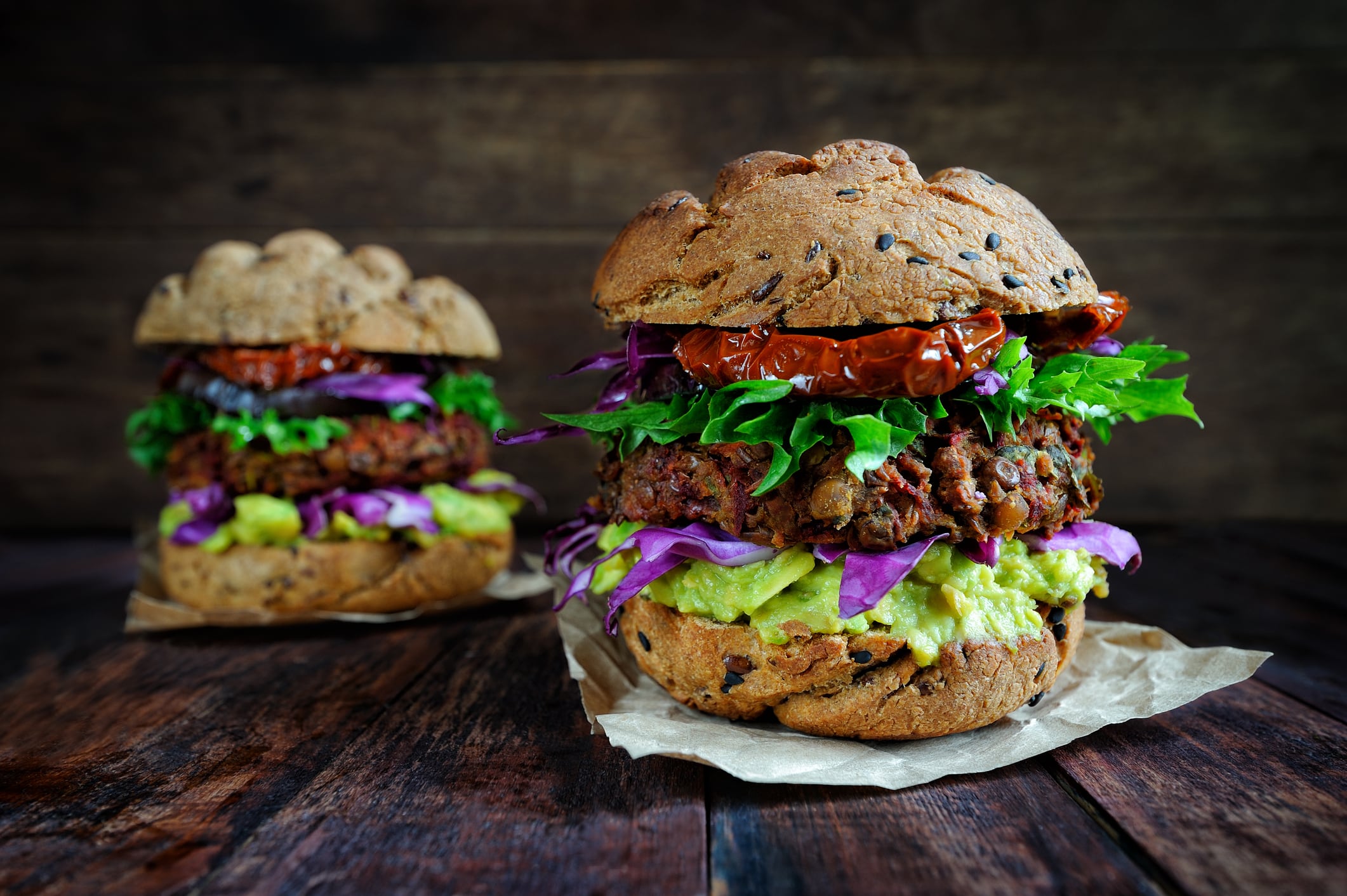Dave Berriman, technical sales support manager, ULMA Packaging UK, has waded into the recent debate and claims: ‘Clearly, cutting out plastic completely isn’t currently meeting this objective.’
Circular Economy Action Plan
“Recent cross-party parliamentary warnings surrounding replacing plastic packaging in the wake of the Green Alliance’s recent report on the topic indicates that alternative materials aren’t always better for the environment,” he said.
“The problem stems from replacing plastic with new packaging materials that have not always been properly assessed in terms of recyclability and carbon footprint.”
On December 23, 2019, the European Commission (EC) announced the publication of a roadmap for its new Circular Economy Action Plan. A four-week public feedback period on the roadmap is open until January 20, 2020.
The EC had committed to the adoption of such an action plan alongside a new industrial strategy within the recently announced Green Deal (FPF FoodPackagingForum reported).
The action plan itself “will analyze the lifecycle of products and materials to ensure a sustainable use of resources and tackle resource-intensive sectors (e.g. textiles, construction, electronics and plastics).”
It aims to speed up the transition away from a linear economy and “will include a sustainable products policy, to boost design, production and marketing of sustainable products.”
It will further “support the modernization of certain waste laws” including “the need to increase the amount of waste treated domestically, developing high quality recycling installations, and tackling the export of waste.”
Packaging is specifically mentioned in the roadmap in regard to plastics. The EC writes “in the case of plastics, actions will focus in particular on micro-plastics, requirements on packaging, and bio-based and biodegradable plastics.”
Coated cartons
Berriman added, research from the report reveals several supermarkets, for instance, are selling more drinks in coated cartons under the assumption they can be recycled.
Other perceived greener alternatives to plastic such as glass actually contributes more carbon due to being much heavier and therefore more polluting to transport.
“For processors and retailers striving to respond to consumers who are increasingly looking for environmentally-friendly packaging, it is crucial to find a solution that works,” he said.
The report by the Green Alliance says: “Over 80% of consumers think biodegradable or compostable plastic is environmentally friendly, but there is little understanding of what the terms mean and how the material should be dealt with."
It added that the retailers interviewed for the report “wanted a clearer approach to where it should be used and how it should be marked to avoid confusing consumers and potentially causing more problems.”
To achieve a more circular approach to plastic packaging, ULMA Packaging UK says it is working with a number of material suppliers to develop recyclable mono-base materials and ongoing development of its packaging machinery to reduce the amount of plastic required as well as making it easier for consumers to recycle in the first place.
“It is crucial to redouble sustainable innovation efforts given that packaging accounts for 40% of the plastic processed each year,” added Berriman.
“As part of the #ULMAweCare project we have pledged to reduce the amount of packaging material required by introducing more innovations like our LeafSkin, that reduces plastics usage by up to 80% and is based on a 100% recyclable flat cardboard tray.
“Overall, we believe that reducing overall environmental impact, without compromising process efficiency, product integrity and consumer safety is achievable. We hope to act as an example to those in the broader circular economy and help facilitate change.”



